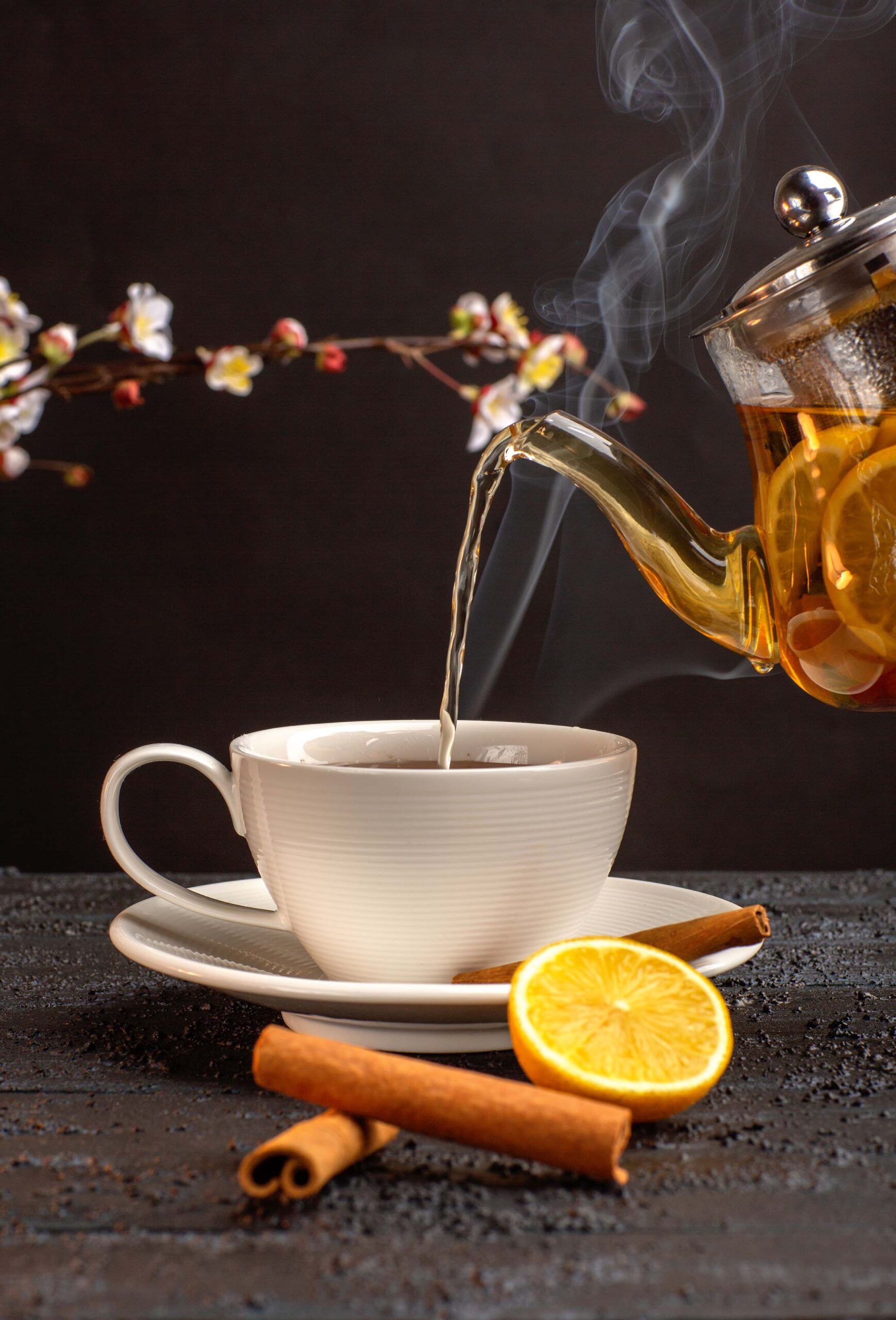Masala Chai is a blend of loose black tea with aromatic Indian spices and herbs. Masala Chai has gained worldwide popularity and has become a feature in many tea houses across the globe. The origin of Masala Chai can be attributed to the Indian SubContinent. India also happens to be the second-largest producer of tea and Assam is the largest tea-growing region in the world. There is no evidence of a defined recipe for Masala Chai, but one can trace the blend to experiments that generations have done with Indian spices. The most popular spices being cardamom and ginger which were added to tea, this over the years has been tried by generations and each generation has contributed a spice which has added to the flavor. The result of which is a different version of Masala Chai are now available for consumers. One tea that stands out is Sigma Masala Chai which is made with the finest Assam Tea (sourced from Assam’s best Tea Estate) which has beenblended by Tea Masters for a flavourful cup. The tea is blended with natural aromatic spices like cardamom, ginger, cloves, star anise, cinnamon and other herbs. The tea has a brisk malty flavor with a bright color, the aroma will fill your room and a sip should perk you up immediately. To simply put it – the masala chai is zesty and stimulating. Tea drinkers across the globe are enjoying Masala Chai. Many Cafe’ have Masala Chai on their menu and are loved by tea lovers. Some have incorporated various hot and iced blends of spiced teas in their menus to delight customers and have received tremendous success for the same. It is good to see that globally tea lovers are enjoying spicy Indian tea (Masala Chai).

Masala chai is a rich source of antioxidants that can help boost your immune
system. The spices in masala chai,
including ginger, cardamom, and cloves, have
anti-inflammatory and anti-bacterial properties that can help
fight off infections
and viruses. By drinking a cup of masala chai every day, you can give your body the
support
it needs to stay healthy and strong.

The spices in masala chai have been used for centuries in Ayurvedic medicine to aid
digestion. Drinking masala chai
after a meal can help promote healthy digestion and
prevent digestive problems such as bloating, constipation,
and indigestion. Cinnamon
can improve insulin sensitivity and reduce blood sugar levels, making it particularly
beneficial for people with diabetes.

Inflammation is a major contributor to many chronic diseases, including arthritis,
heart disease, and cancer.
The spices in masala chai have anti-inflammatory
properties that can help reduce inflammation in the body.
Cloves, for example,
contain eugenol, a compound that has anti-inflammatory and analgesic properties
that can
help reduce pain and inflammation

Masala chai can help improve heart health by reducing blood pressure and
cholesterol levels.
Black tea, which is the base of masala chai, contains flavonoids
that help relax the blood vessels
and improve blood flow. Cardamom, a key
ingredient in masala chai, has been shown to
reduce blood pressure and improve
heart health in several studies.

The aroma of masala chai can have a calming effect on the mind and body. The
spices in masala chai,
particularly ginger and cardamom, have been shown to have
anxiolytic properties that can help reduce
stress and anxiety. By sipping on a cup
of masala chai, you can soothe your nerves and promote a sense
of well-being.




© 2022 Sigma Tea | Design & Developed By Sujata Associates. All Rights Reserved.
